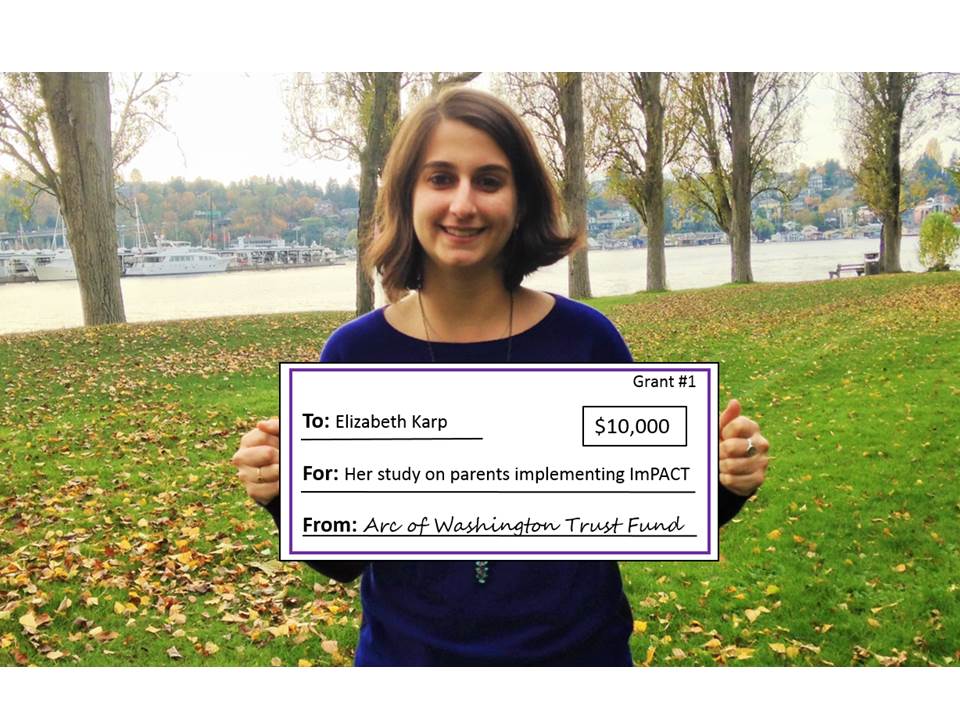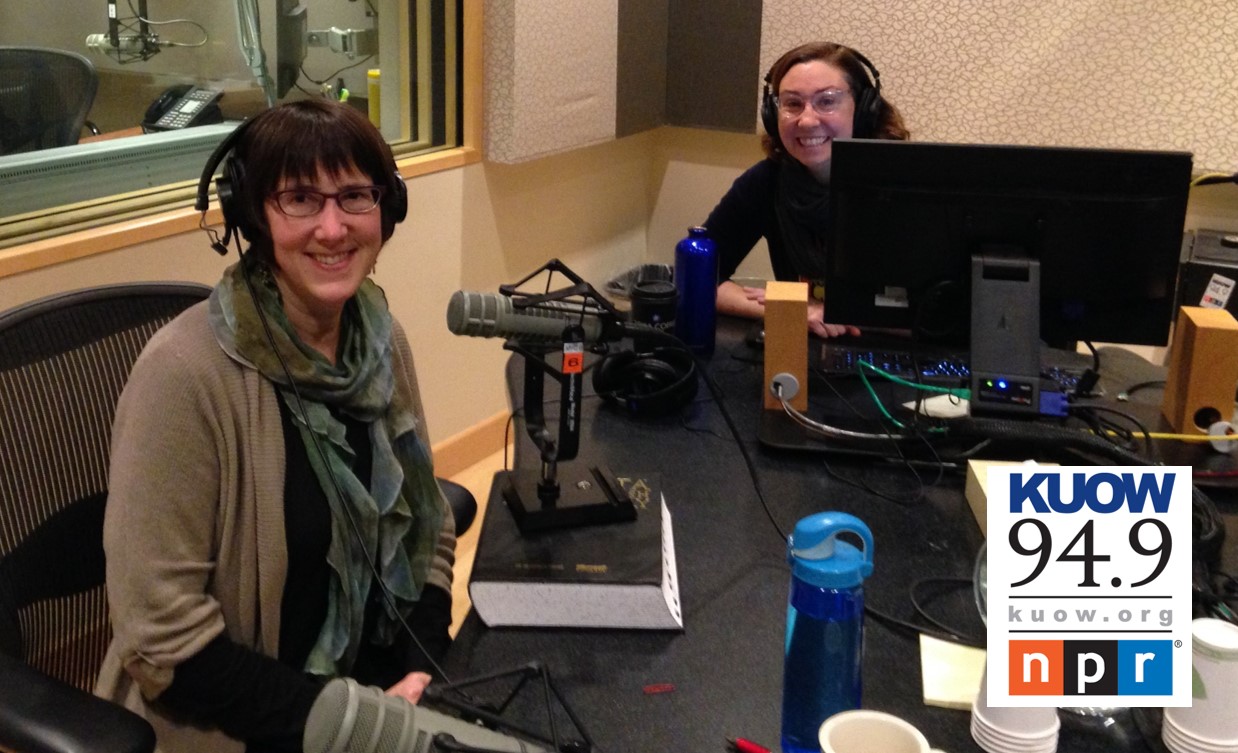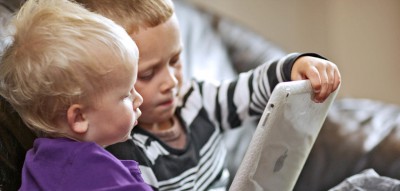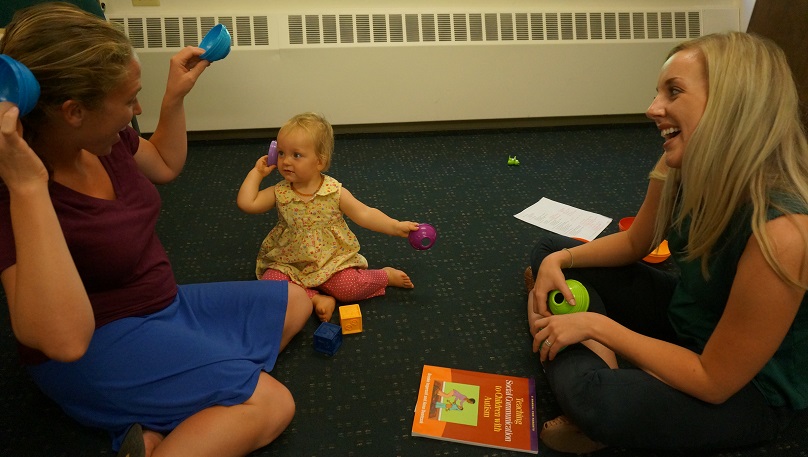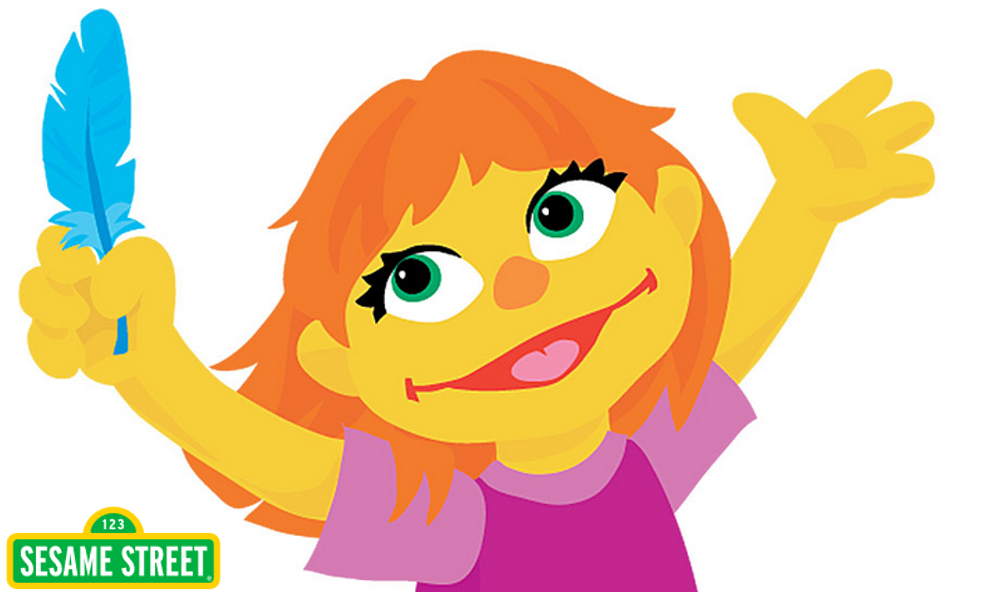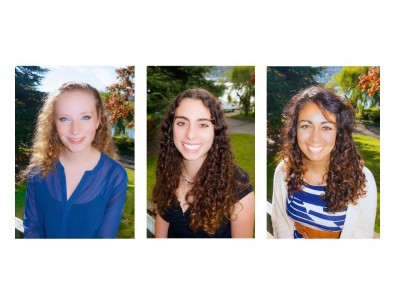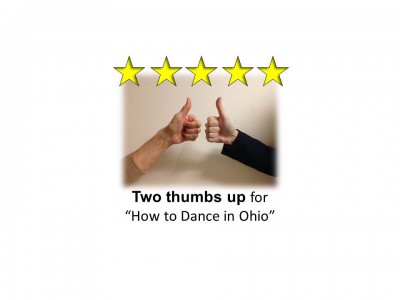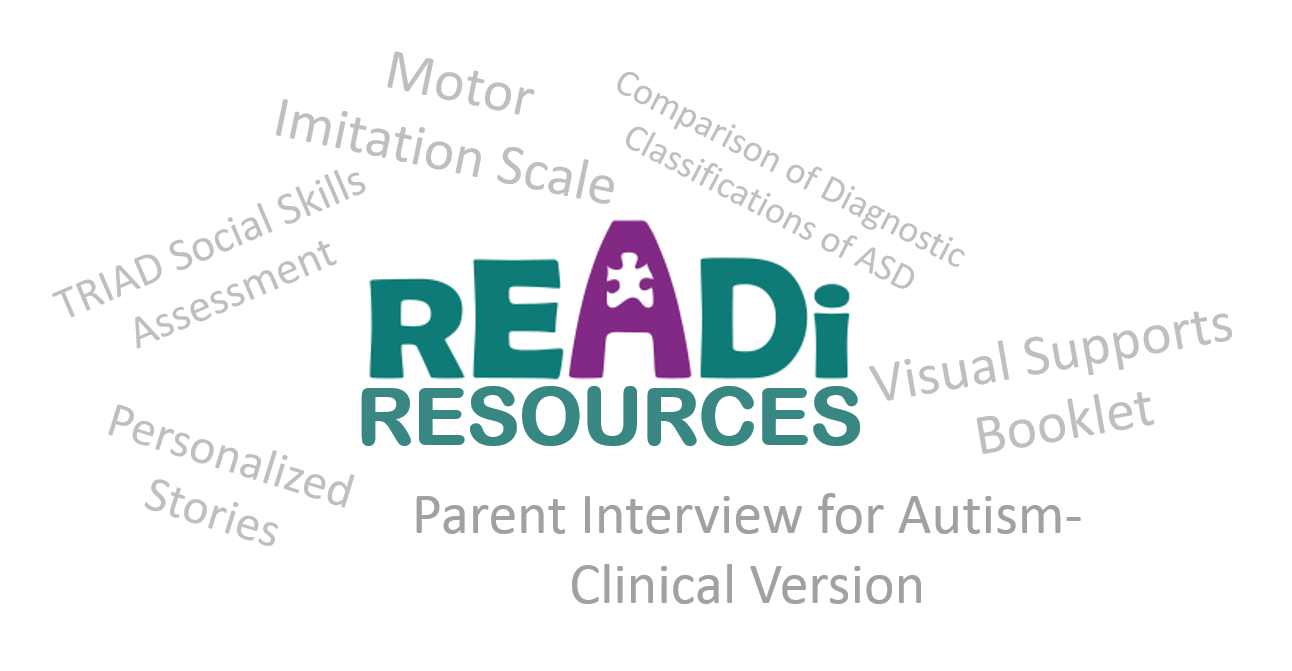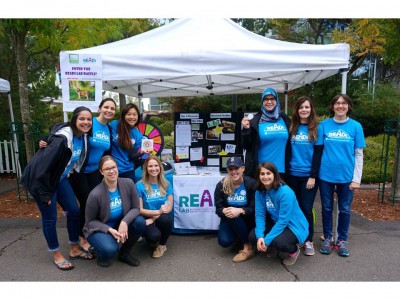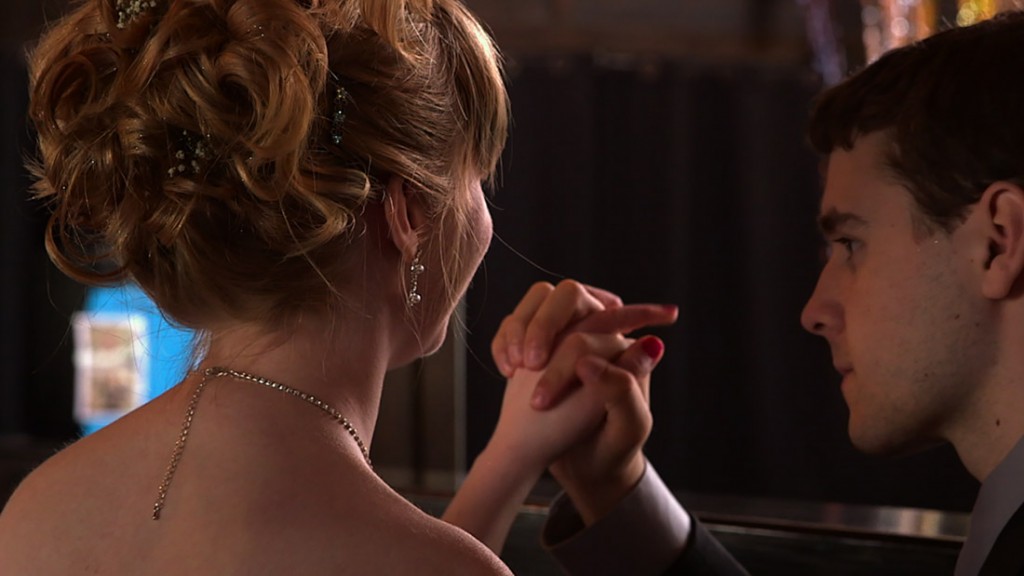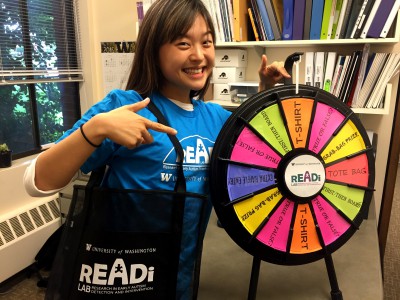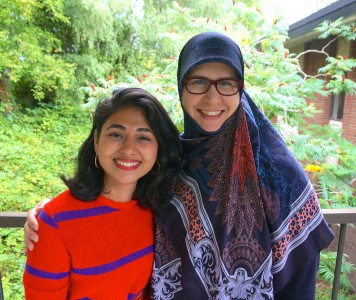Open Doors for Multicultural Families is offering a free parent workshop on “Wills and Trusts” this Thursday, November 12th from 6-8pm at the Federal Way School District’s Norman Center. Guest speaker Christine Thompson, a special education lawyer, will provide information about special needs trusts, power of attorney, health care directives, and other relevant issues for ensuring the future of children with special needs. Click here for more information and to register.
Lizzy Karp Receives $10,000 Research Grant!
Lizzy Karp, a third-year child clinical psychology graduate student and READi Lab member, was recently awarded a $10,000 grant from the Arc of Washington Trust Fund. Her project will examine parents’ stress and emotion regulation in relation to their implementation of the ImPACT intervention with infant siblings of children with ASD. ImPACT is a naturalistic developmental behavioral intervention (NDBI) designed for young children with ASD. This project is being conducted at UW and Vanderbilt University, with the goal of gaining a better understanding of parents’ experiences when participating in caregiver-delivered interventions for their young child. Congratulations to Lizzy for her important work, and many thanks to the Arc of Washington Trust Fund for their contribution to this project! For additional information about the ImPACT study click here.
KUOW Interviews READi Lab Director
This morning Wendy Stone was interviewed by KUOW’s Jeannie Yandell for a segment on “The Record” about her work with Sesame Street’s new “See Amazing in All Children” initiative. Among the questions discussed was why Sesame Street created Julia, a child with ASD, as a storybook character rather than a Muppet, and why they chose a female character instead of a male. And if you haven’t seen Sesame Street’s “See Amazing in All Children,” check them out HERE. There’s something for everyone!
The podcast is NOW AVAILABLE! To listen, click here.
iPad giveaway!
An amazing, limited-time opportunity! Autism Speaks announced yesterday that they have 1,045 iPad Airs to give away to individuals with ASD living in low income families. The application deadline is Saturday, November 7, so you only have 4 days to apply. Applications need to be submitted by the person with ASD, a family member, or a service provider. Winners of the iPads will receive them by December 7.
Click here to apply!
Girls and boys with ASD: Why are there differences?
Have you ever wondered what might be behind the fact that there are four times more boys than girls currently diagnosed with ASD? Spectrum News has put together an intriguing compilation of short articles that offer perspectives on why there is a gender gap in ASD.
Is ASD present as often in girls as in boys, but are girls’ symptoms subtler? Do girls more closely imitate social behaviors of others, such as putting on makeup and learning how to interact in groups in school? One author, mother of a son with autism, did not realize she herself had ASD until adulthood. She writes beautifully about how her own challenges made helping her son more difficult sometimes but that receiving a diagnosis helped her gain more insight on her past and also brought joy; she and her son reveled together in some of their intense interests.
Do our research and clinical methods fail to recognize ASD symptoms more commonly present in females? In the piece “Lost Girls,” one young woman with high-functioning ASD had seen 14 psychiatrists and been given 9 diagnoses before she was finally correctly diagnosed, no doubt causing her stress and harm in the 10 years it took for her to receive her ASD diagnosis.
Or, are females actually protected genetically from ASD relative to males? Do symptoms differ due to socialized gender or biological sex? Calls for ASD research that includes both sexes in both animal and human research have intensified, and it seems like major funding agencies are listening! Expect to see more research on sex and ASD soon.
ImPACT study highlighted in ‘CHDD Outlook’ article
An article in today’s issue of ‘CHDD Outlook’ highlights a READi Lab research project designed to attenuate the development and progression of symptoms in toddlers with ASD. In collaboration with Paul Yoder’s research group at Vanderbilt University, we are evaluating the effectiveness of ImPACT (Improving Parents as Communication Teachers) as a preventative intervention for younger siblings of children with ASD. This intervention is designed to teach parents how to promote their child’s social-communication development during everyday activities, such as snack time, bath time or play. In addition to determining the efficacy of ImPACT, we are also trying to identify for whom it is most effective, and the mechanisms of how it works. Over the next 5 years, a total of 90 younger siblings of children with ASD between the ages of 12-18 months and their parents will take part in this study. To read more about the ImPACT study, pick up the latest issue of ‘CHDD Outlook’, 2015, or download a copy here.
Improving the Game Day Experience for Children with ASD
The Seattle Seahawks have teamed up with a nonprofit organization to offer special kits for families attending football games with children with ASD. The kits are designed to reduce sensory overload, and include items such as noise-cancelling headphones and a detailed schedule of game day activities. Kits will be distributed free of charge, so that families can bring their children with ASD to games to cheer on their favorite football team. Get your kits now at CenturyLink Field! And Go Hawks!
To read more about this program, visit the Seahawks’ site!

The New Kid on the Sesame Street Block
READi Lab Director Wendy Stone is featured in a UW Today article for her contributions to Sesame Street’s new autism initiative, “See Amazing in All Children”, which launched this morning! Wendy has served as an advisor to Sesame Street since 2009, when she and Vanderbilt colleague Evon Batey Lee, PhD were commissioned to write a white paper describing the state of the science of autism and how Sesame Street could use their creative programming and wide reach to impact the lives of children with autism, their families, and their communities. Six years later, the fruit of their efforts paid off in this broad-based initiative that introduces Julia, Sesame Street’s first character with autism, and includes multimedia activities and materials for siblings, parents, educators, and other providers designed to promote understanding, acceptance, and support for this group of “amazing” children. Visit the “See Amazing in All Children” site to check out the new resources!
Autumn Additions to the READi Lab
As the chilly fall air begins to settle in, the READi Lab warmly welcomes one returning and two new undergraduate research assistants: Rachel Hantman (Junior; returning) Emily Sawan (Sophomore; new) and Dana Janigian (Senior; new). Rachel was away all summer volunteering her time at a special needs summer camp in Boston, but is happy to be returning to UW and the READi Lab this fall. Emily plans to pursue a BA in Psychology, and spends her summers as a cabin leader for individuals with special needs. Dana is double-majoring in Human Evolutionary Biology and Communications, and enjoys babysitting and teaching Sunday school for first graders. To learn more about the READi Lab Team, check out the About Us section on our website.
Addressing Global Disparities in Autism Services
A new article in ‘Autism Research’ describes the disparities in access to autism screening and diagnosis that exist across the world. Most research on autism occurs in high income countries, which account for less than 20% of the world’s population. The vast majority of individuals with autism live in low and middle income countries, where access to gold- standard diagnostic tools and evidence-based practices is quite limited due to high costs and copyright issues that preclude translation. To close the knowledge gap and decrease this global imbalance, the authors advocate adoption of ‘open source’ practices such as free screening and diagnostic tools that can be shared and modified, and open access copyrights in which publications can be reproduced and distributed at no cost. In addition to improving global welfare, these practices can bolster our scientific efforts to understand autism across cultures.
This commentary was developed following a meeting sponsored by Autism Speaks and the International Society for Autism Research last October. Dr. Stone is happy to have been invited to this conference and to have contributed to this article.
Following in the spirit of its message, the article was published as open source, which allows us to share the full article download with you!
The Reviews Are In!
Movie critics Ibañez and Stone attended a sneak preview of “How to Dance in Ohio,” an HBO documentary about teens with ASD preparing to attend a spring formal dance.
Reviewer 1: As a life-long connoisseur of films that combine the themes of teenage angst and the “big dance”, this film ranks high on the list for me– right next to Grease. However, the teens and young adults with ASD in this documentary are more colorful, endearing, and relatable than any fictional character ever portrayed by John Travolta and Olivia Newton-John. The featured teens—Meredith, Caroline, and Jessica—along with their friends in a social skills group in Columbus, Ohio, display a wide array of functioning levels and personalities. While you do get an intimate look at the ASD-specific challenges that arise for these teens and their families, one of the most refreshing and powerful aspects of this film is that, more often than not, you will find yourself connecting with what the teens are feeling as they prepare to take on the dance (and the “real-world”). Through the course of the 90 minutes, I found myself thinking “oh, I remember those butterflies in my stomach,” “Ah yes, I remember how difficult that moment was for me,” and “I too think practicing my dance moves before the big dance is a must.” Overall, the teens’ desire to socially connect and successfully navigate the highs and lows that come with rites of passage shines through and does so very brightly!
Reviewer 2: Despite an overflowing work life that has been focused on autism for more years than I like to admit, I experienced this film as one of the most (probably THE most) fresh, genuine, and unforgettable autism documentary that I have seen. In fact, I have not been able to stop thinking about “How to Dance in Ohio” since attending the sneak preview through SIFF on Wednesday night. This film provides such an engaging and honest depiction of teenagers with ASD that it is hard to not to share in their fears, struggles, courage, and successes as we watch them navigate their new world of dating, dancing, and dress-up. A bonus of the SIFF preview was the opportunity for a Q&A session with the director (Alexandra Shiva) and producer (Bari Perlman), who described their experiences getting to know the teens, as well as the exquisite care they took to ensure their comfort throughout the process. As heartwarming as the film was, the fact that the theater was filled to capacity was (almost) equally gratifying. I would be surprised if anyone left the theater without feeling changed in at least some small way by the honesty and strength of Caroline, Meredith, and Jessica.
This film will be aired by HBO on October 26, 2015. For your own sneak peek of the film, check out the trailer!
Parent report tool available in English and Spanish versions
The READi Lab is pleased to add another research measure to our website. The Parent Interview for Autism–Clinical Version (PIA–CV; Stone et al., 2003) was developed to measure autism symptom severity across 11 behavioral domains in young children. Changes in scores on social and communication domains of the PIA-CV have been associated with clinically significant behavioral and diagnostic improvements from age 2 to age 4 in children with ASD (Stone et al., 2003). The PIA-CV can be used in interview or questionnaire format, and is now available in both English and Spanish. To view and download these materials, please visit the Tools and Materials section of our website.
IEP Parent Workshop
In keeping with their mission to provide support to diverse families with developmental disabilities and special needs, Open Doors for Multicultural Families is hosting a series of parent workshops in November. The first workshop is entitled, “What is an IEP?” and will be presented by Rose Spidell, from the Office of the Education Ombuds. In this workshop, parents will learn how the IEP process works, discuss their role as a team member and, learn how to become more involved in developing an individualized educational plan for their child.
Date: Wednesday, November 4, 2015
Time: 6-8 PM
Location: Aki Kurose Middle School
Deadline to Register: Monday, October 26th 2015
This workshop is available in 10 different languages, and workshop attendees are provided with a free language interpreter, free on-site childcare, and free dinner. Registration is FREE, but required!
There’s an App for That!
If you are looking for some ways to use your iPhone or iPad as a teaching tool for a child with ASD, we have an excellent resource for you! The 2015 revision of “Apps for Autism,” by Lois Jean Brady, describes and reviews over 200 apps that can be used to promote behavioral, social, communication, and cognitive development for children with ASD. Apps range from visual timers and organizers, to activities for building vocabulary, using video modeling, and teaching social and daily living skills. Some of our READi Lab team members have highlighted specific apps of interest below:
Allycen: Several listings in the “Pragmatics and Social Skills” chapter look really helpful for augmenting children’s social communication skills. There are a few options for all ages that model and explain appropriate behavior, dressing, and group skills for social situations. For younger kids, one is called “Model Me Going Places 2,” and it shows children examples of appropriate behavior in a variety of situations, like going to the hairdresser or the doctor. A bonus for this app is it is free! Another set of useful apps for kids are “Eye Contact – Toybox” and “Look In My Eyes 1 – Restaurant.” These both are designed to be fun games for kids that also allow them to practice eye contact and reward them for quickly focusing on a person’s eyes. These apps are $2.99 each.
Lisa: The “Kid in Story Book Maker” by Enuma allows parents to create and share customized picture storybooks with photos with their child as the star character! Parents even have the option of adding a “narrator” by recording their own voice or their child’s voice to each page. The app includes 12 story templates created by award-winning app designers, which make it easy and fun to create visual stories to support learning, social modeling, and early literacy for all children. This app costs $6.99, but there is a free demo available as well through the Apple Store!
Amanda: The “VASTtx” by SpeakinMotion is designed to support individuals who are nonverbal. The app uses a ‘hear it, see it, and practice it’ approach to learning language, displaying pre-recorded videos to facilitate simultaneous visual and auditory input of precise oral movements. VASTtx Therapy Samples is a sampling of therapeutic content, providing support in multiple areas and levels of speech therapy. VASTtx provides two app options, offering Key Words as a supplement to Therapy Samples. Key words provides users with the tools needed to build speech and functional communication, and practice the basic motor speech patterns necessary to produce all the consonant phonemes. The app also contains a detailed guide for integrating this material into a speech language therapy program. Therapy Samples costs $9.99 and Key Words costs $12.99.
Devyani: “Between the Lines” (Levels 1, 2, and Advanced) by Hamaguchi is designed to help elementary school students and adolescents (ideally 3rd grade+) understand the intricacies of social communication, such as vocal intonation, facial expressions, perspective taking, body language, and idiomatic or slang expressions. Instead of an automated voice or animated character, this app uses real voices, photographs and short mini-video clips for a variety of social situations and expressions! Through using this app, your child can practice mastering the more subjective aspects of every day interactions with others. Although the creators do not explicitly say so, the app seems likely to be more helpful for higher functioning children on the autism spectrum. The app costs $15.99 (but can be used for multiple children) and a Lite version is available for $.99. Disclaimer from the creators of the app: this is NOT a social modeling application; some clips at the advanced level will say or do things that are sarcastic or rude (e.g. interrupting and conversation) to help children identify these behaviors in their peers, but NOT with the intention of teaching them to imitate these behaviors. Thus, parent/adult coaching is advised.
TO OUR READERS: If you find any apps you like, feel free to email us at READilab@uw.edu and we’ll include your reviews on our website!
Having a Blast at the Autism Speaks Walk!
The READi Lab had a wonderful time greeting families and colleagues on Saturday at the “Walk Now for Autism Speaks.” Giveaways at our resource table included the “Understanding Autism” DVD, Personalized Story booklets, buttons, tote bags, and raffle tickets for the Woodland Park Zoo. We enjoyed meeting new families as well as seeing familiar faces!
New Film Features Teenagers with ASD
The SIFF Cinema Uptown in Seattle will be holding a free screening of How to Dance in Ohio and a Q&A session with its directors on Wednesday October 7th from 7pm-9pm. The HBO documentary film, which first earned acclaim at the Sundance Film Festival, spotlights both the struggles and successes of a group of teenagers with ASD as they practice their social skills in preparation for their upcoming spring formal dance. If you cannot wait until October 26th to see the film when it airs on HBO, RSVP for your free ticket at the SIFF Cinema Uptown webpage. Hope to see you there!
Visit us at the Autism Speaks Walk!
Puget Sound’s “Walk Now for Autism Speaks” is now 8 days away, and the READi Lab will be there to support our local families and children with ASD. Come visit our table at the Resource Fair, where we will be sporting teal and purple, and will have plenty of activities and games for children and grown-ups alike. Spin our Wheel of Fortune and you may be the lucky family to win 4 free tickets to the Woodland Park Zoo! Come out to support autism research and awareness, and stop by to say hi to us on Saturday, Sept. 26, 2015, between 9 AM and 12 PM at Seattle Center.
Helping Children with ASD Navigate Everyday Activities
The UW READi Lab is proud to partner with Autism Speaks to provide a series of personalized PowerPoint templates that parents and therapists can use to explain social situations to children with autism. We invite families to customize these story templates with your own photos or pictures to help your child know what to expect and how to act in a variety of everyday situations! The Personalized Story templates currently available are: Going to a Restaurant, Going to the Store, Handling Bullying, Having a Play Date, Potty Training, and Taking Turns.
Stay tuned for additional stories as they are developed!
The Personalized Story templates and instructions for use can be downloaded from the UW READi Lab’s Tips & Resources/Tools & Materials page.
Acknowledgements: University of Washington contributors to story content, illustrations, and photos include: Wendy Stone, PhD, Thanh Nguyen, MA, Kelly Johnson, PhD, Ashley Penney, MEd, BCBA, Amy Rodda, PhC, CCC-SLP, Raphael Bernier, PhD, Samuel Zinner, MD, Charu Gupta, MEd, BCBA, Catherine Brock, MA, and Eileen Feldman, PhD, BCBA-D. Microsoft Office also contributed to the original packaging and distribution of these the personalized stories through a content distribution partnership with Autism Speaks.
Higher Education Beckons
Higher Education Beckons
With the changing of the seasons, and the arrival of Fall quarter around the bend, the READi Lab bids farewell to two of its own. Salloni Nanda and Ghina Haidar are moving on to their next adventure, as they begin their graduate programs in School Psychology at UW. We are excited to see their future contributions to the field and are extremely grateful for the work they have done in the READi Lab. Their warm smiles and joyous presence will surely be missed!
Instructional Resources on ASD for Educators
The IRIS Center at Vanderbilt University has developed a variety of evidence-based instructional resources for educators that are posted on their website. One of their latest resources is a comprehensive module entitled “Autism Spectrum Disorder: An Overview for Educators”. The information in this module is sprinkled with case studies, expert interviews, and video vignettes that are designed to maintain the user’s interest as well as facilitate learning. You may notice familiar UW faces and voices in this module, as Wendy Stone, Ilene Schwartz, and Nancy Rosenberg have all contributed interviews and were involved in reviewing the materials.

